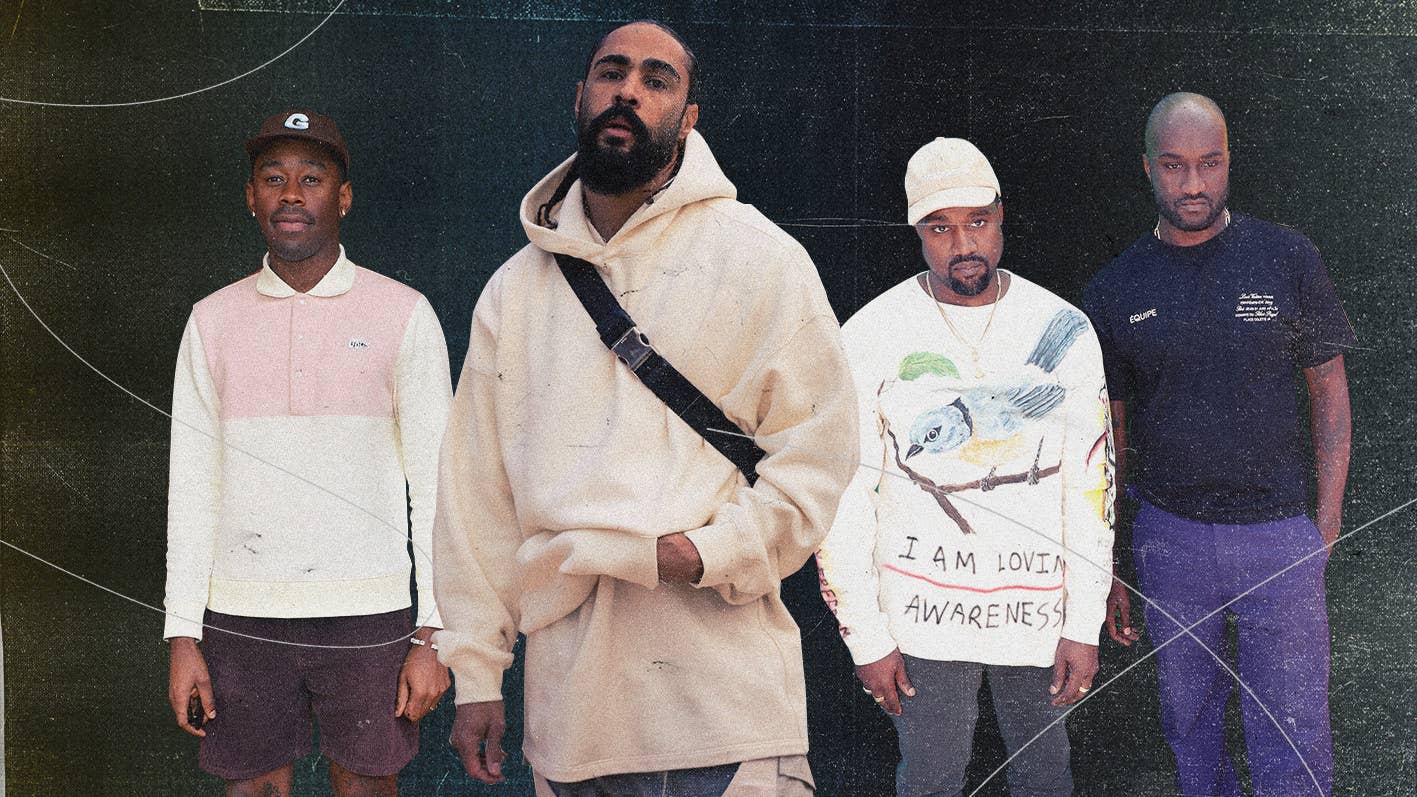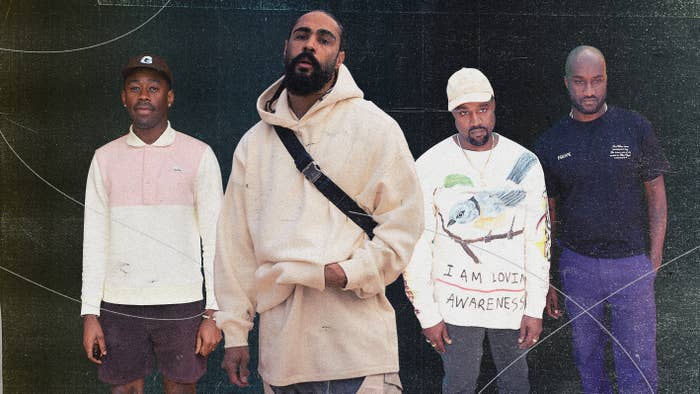
As consumers, knowing where your money goes when you purchase a T-shirt or hoodie is vital information. A brand's logo or trademark is its most valuable asset, yet, the face of a brand, or its designer, isn't alway the owner. Look at Off-White, for example. Virgil Abloh doesn't own the company—it was acquired by Farfetch from the New Guards Group earlier this year—but he owns Off-White's trademark, which means he's able to license out its intellectual property to a larger holding company or manufacturer for a certain amount of time.
Understanding ownership can also help young designers make the right business moves when launching their own brands. A great example of that is Chinatown Market, which is independently owned by Mike Cherman, who learned about the pitfalls that come with letting an investor in on your business when he was fired from his own brand, ICNY.
Here, we've identified who owns your favorite clothing brands including Supreme, Off-White, Fear of God, Rhude, KITH, and more.
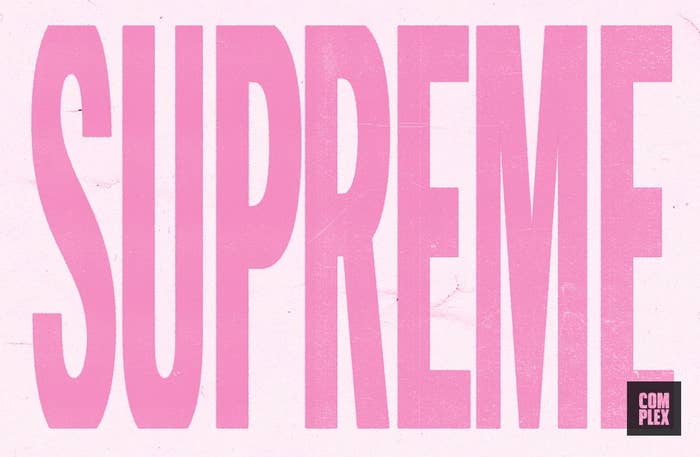
The Carlyle Group investing in Supreme back in October 2017 was widely publicized. The equity firm owns half of the streetwear powerhouse valued at roughly $1 billion, and will aid in its expansion as it continues it push into the mainstream market. The latest example is the recently opened flagship in San Francisco.
According to public records, Supreme’s trademark is owned by Chapter 4 Corp whose chief executive officer is the brand’s co-founder, James Jebbia.
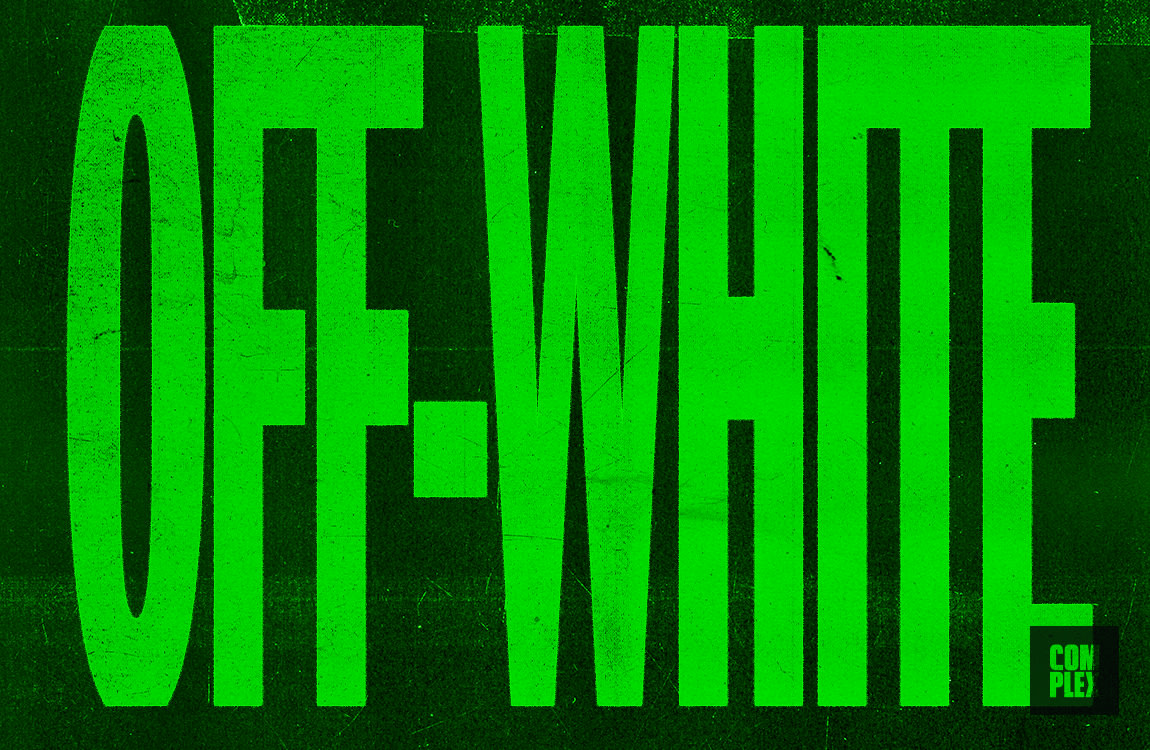
Virgil Abloh’s Off-White was owned by Milan-based fashion investment group New Guards Group, which was acquired by online fashion retailer Farfetch this past August for $675 million. However, Abloh still owns the Off-White trademark. This means that Abloh can determine how its logo is used and license it out to other companies in the future.
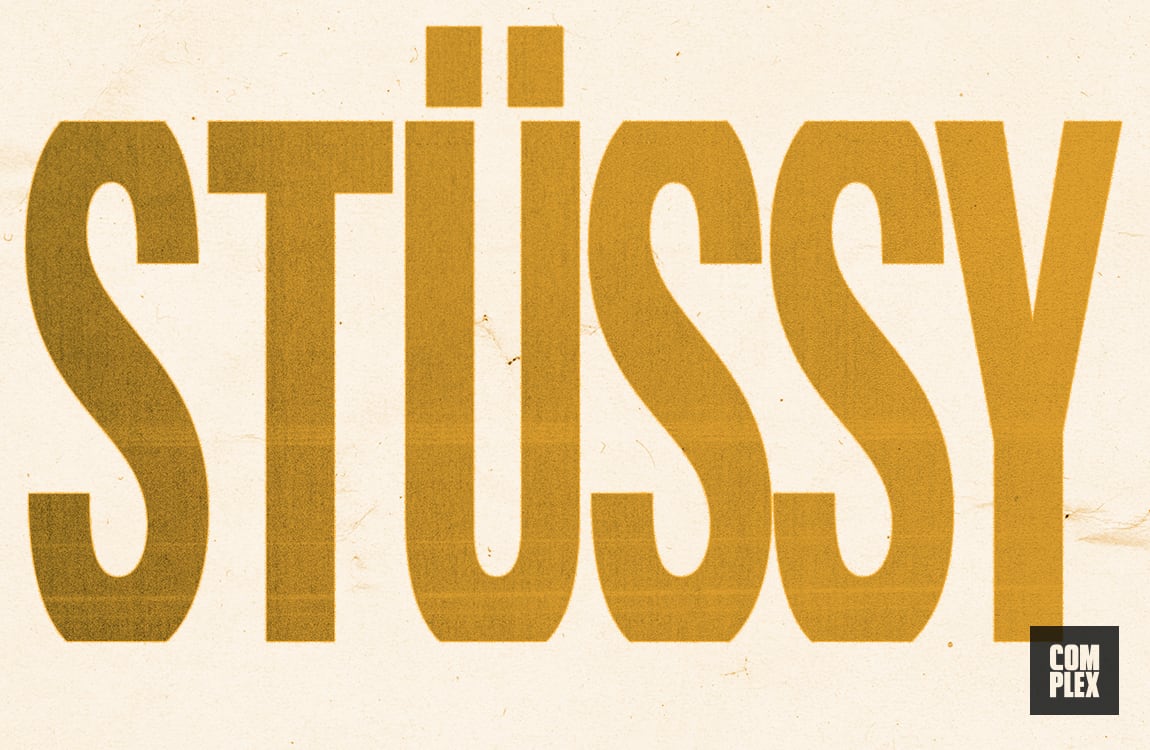
Way back in 1984, Shawn Stüssy partnered with Frank Sinatra Jr. (no relation to the singer Frank Sinatra) to launch the apparel line Stüssy. Shawn was the creative force and Frank was the brains behind the business. In 1997, Stüssy departed his namesake company. The streetwear brand has been owned and operated by the Sinatra family ever since, and is currently under the ownership of Sinatra Jr.’s son, David.
In more recent years, the brand has been able to successfully penetrate into the more mainstream market, being sold at popular mall retailers like Zumiez and Urban Outfitters without alienating its core ethos and audience. It also puts an emphasis on its various chapter stores, and growing the e-commerce side of distribution.
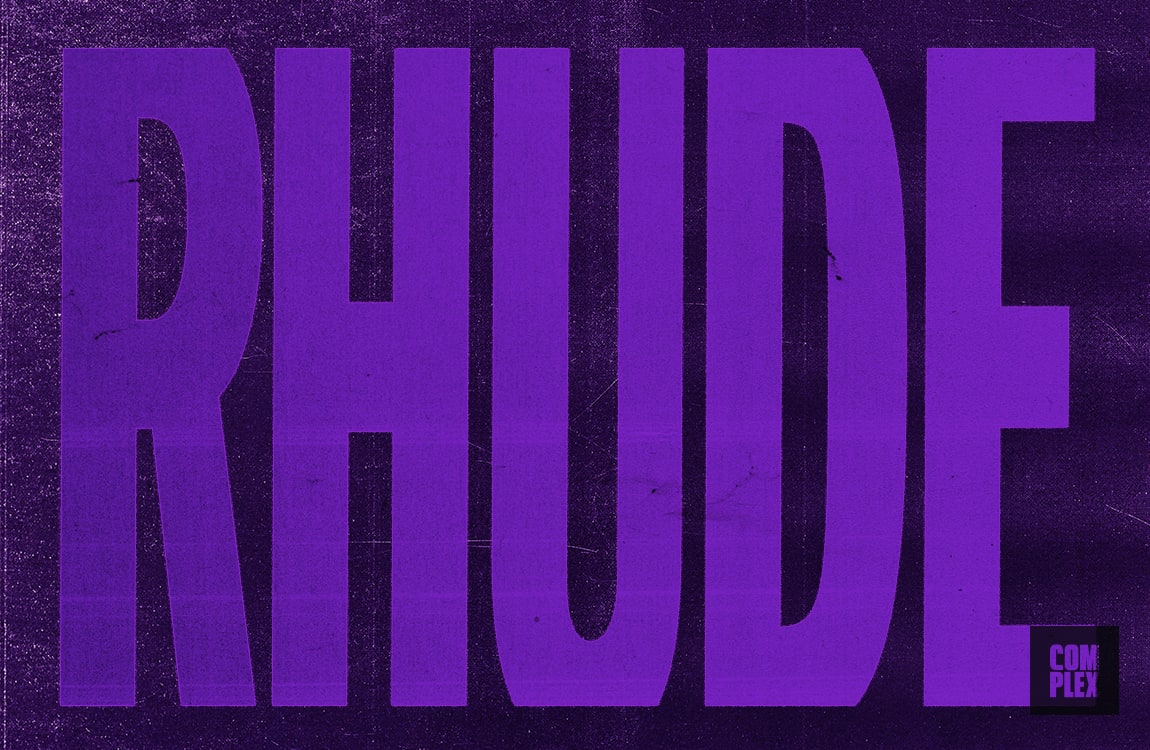
Rhude has been self-owned thus far, but founder Rhuigi Villasenor has expressed interest in taking on outside investors in the past. “It would be nice. Help would be nice, but as of now we don’t really need the help,” he told WWD in 2018. “If people want to hop in and make the ship bigger, here’s what I tell everyone: For every vision, it’s about the speaker and the bigger the speaker the larger the audience you can reach. If there’s a big speaker willing to let me reach the whole entire world, maybe we can do it.”
Villasenor’s stock continues to rise with recent accolades including a diffusion collection with PacSun, collaborative capsule with PUMA, sneakers with Vans, and his debut runway show at Paris Fashion Week this past July.
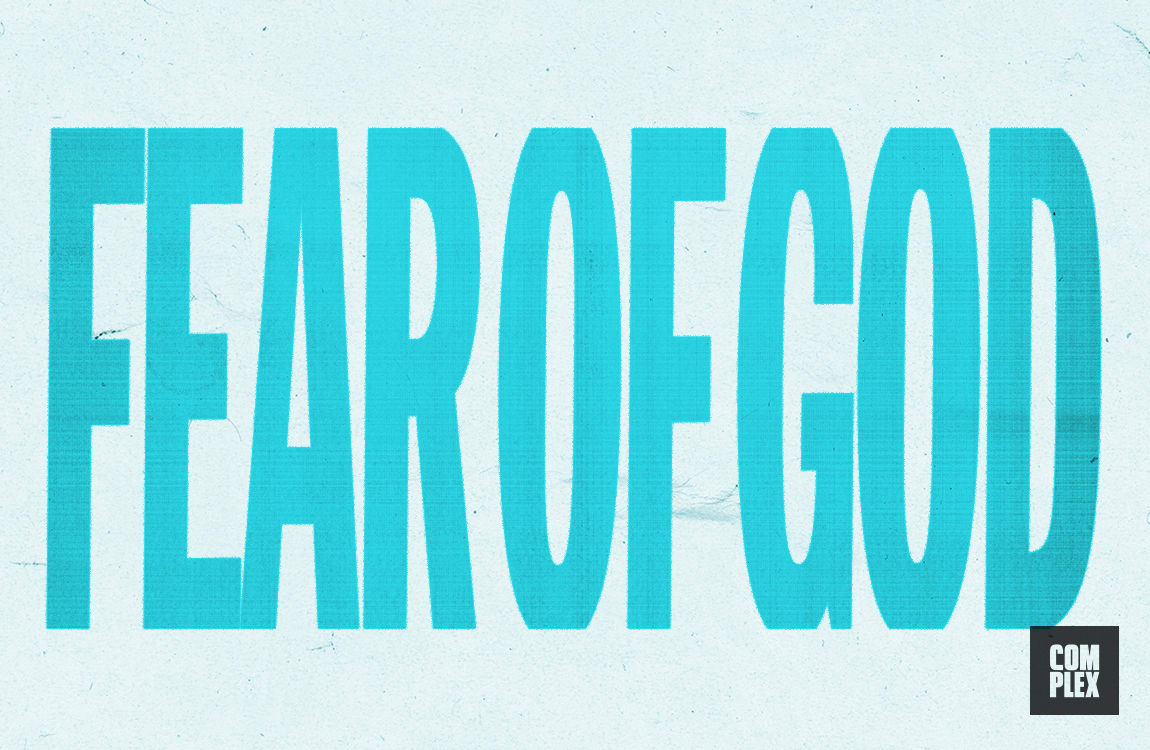
Fear of God receives no external investment. The brand is self-owned by Jerry Lorenzo. In a 2017 interview with Fast Company, Lorenzo spoke on the decision. “I don’t have any investors or partners to answer to. There are no goals to meet. Everything we do is based on our conviction.”
Despite a lack of investors, Lorenzo has been able to capitalize on the success of Fear of God, most notably with an ongoing Nike partnership and an Essentials diffusion line with PacSun that's also stocked at popular online retailer SSENSE.
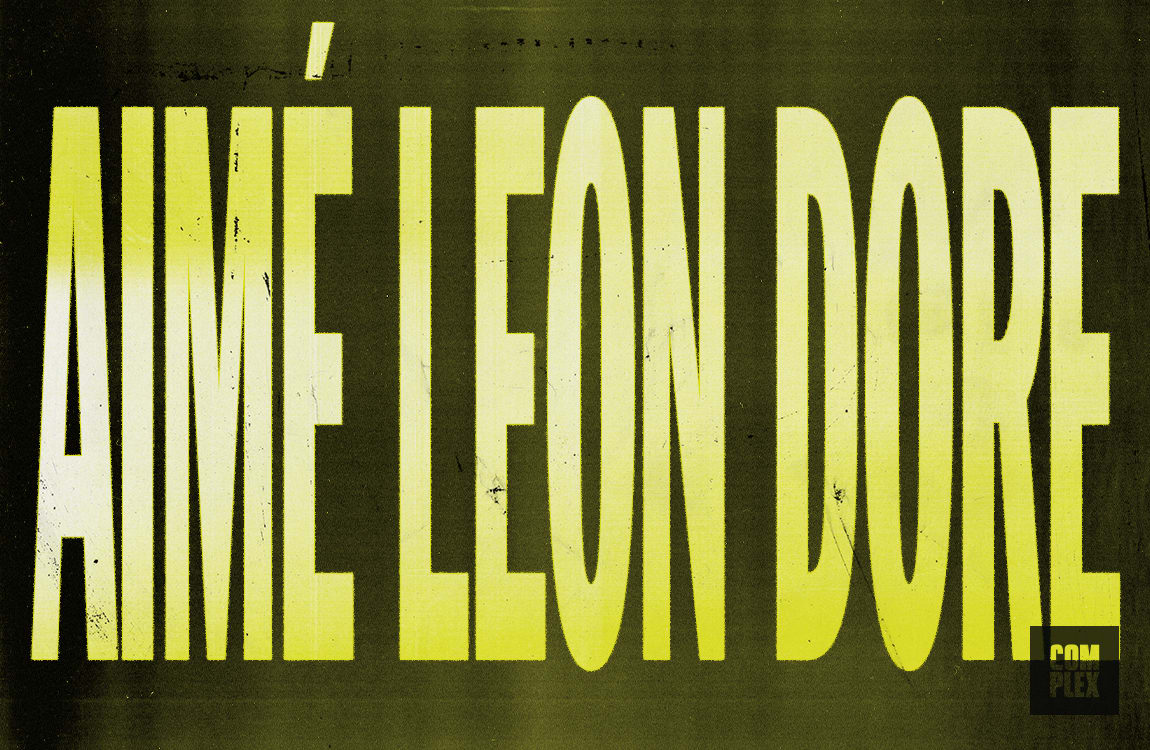
Founded in 2014, this popular New York-based brand is owned and operated by Teddy Santis. Its flagship at 214 Mulberry St. has been open since February 2019, and features a fully operational Greek-inspired cafe. According to public records, there is no indication that Aimé Leon Dore receives any outside investing.
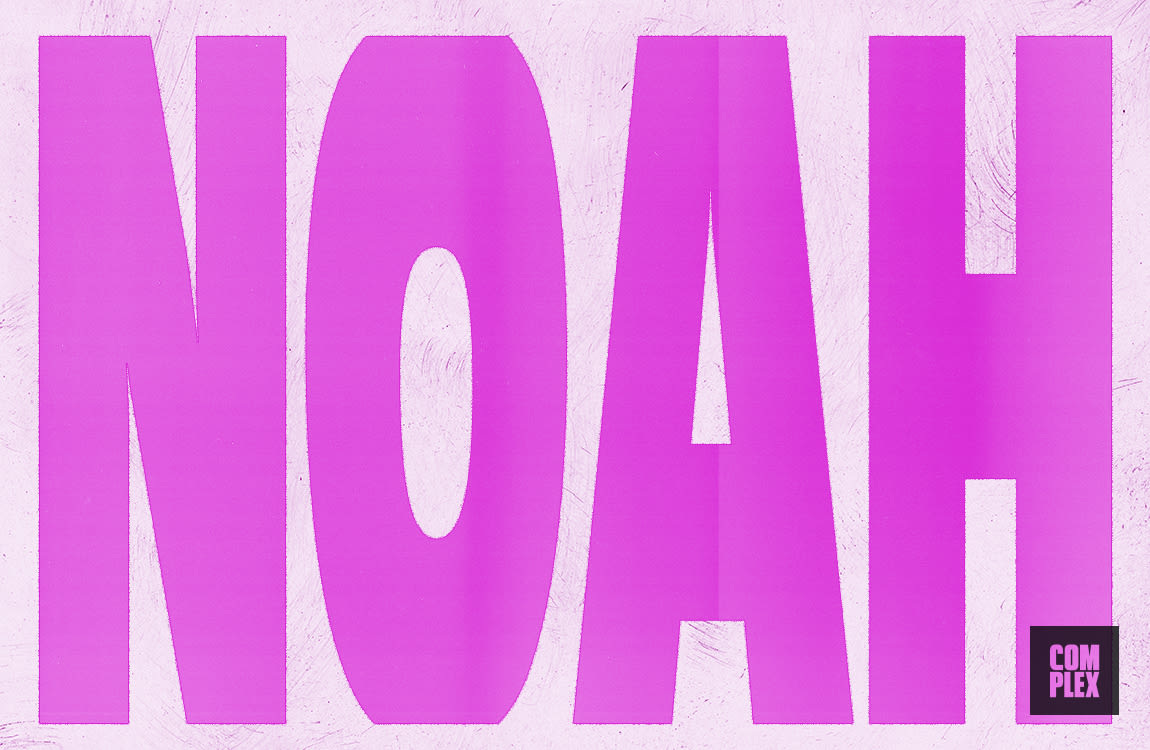
According to public records, Noah founder Brendon Babenzien owns the trademark for the brand. Since its relaunch in 2015, Babenzien’s brand has maintained a cult following through his various thought-provoking designs often inspired by the current social and ecological climate.
In a 2018 interview with Maekan, he said that Noah only had a small group of strategic investors that give him full freedom in terms of decision making. It was not specified who exactly those investors were. Up to this point, the brand has mainly operated as a direct to consumer operation. Along with a flagship in New York, it also has a second location in Tokyo. Stockists include SSENSE and Dover Street Market.
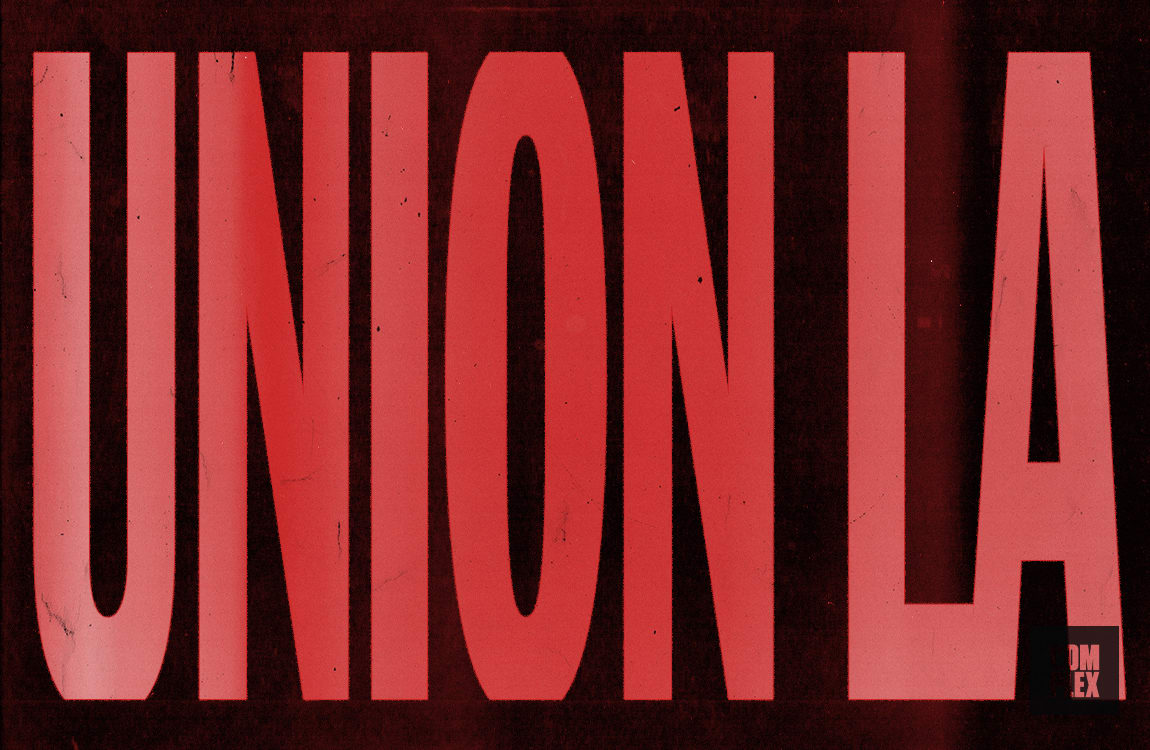
There is no record of Union Los Angeles having any outside investors since Chris Gibbs acquired the La Brea location from co-founders James Jebbia and Mary Ann Fusco in 2008. The popular boutique has seen a number of big projects hit the shelves in recent months including multiple collaborations with Jordan Brand, a curated collection with Nordstrom, and the continuation of its in-house label. It also opened a Tokyo flagship space in 2018.
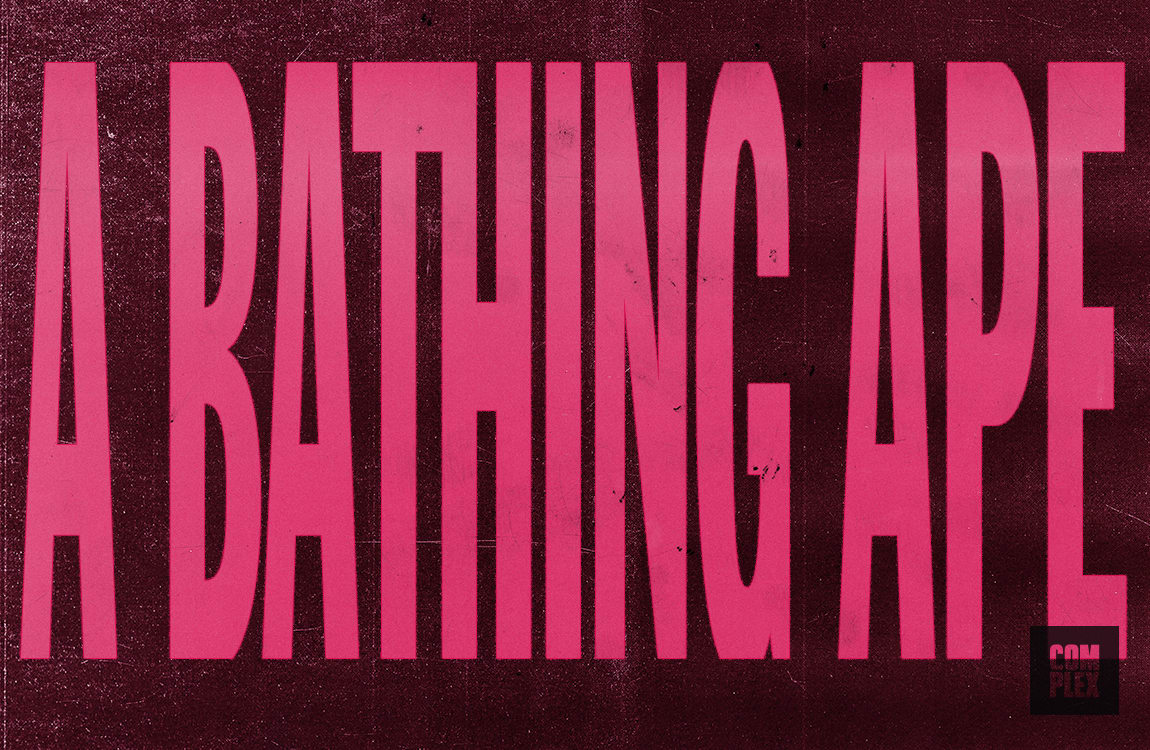
Since 2011, Hong Kong’s I.T. Group has owned 90 percent of Nowhere Co., Bape’s parent company. The group acquired it for a purchase of roughly $2.8 million. Two years after the investment, Bape’s founder NIGO® left his role as creative director of the iconic Japanese streetwear brand after two decades of building it into the powerhouse it's known as today. Since then, the brand has maintained a following through continued collaborations with everyone from popular rappers like Lil Yachty to nostalgic programming like Sesame Street.
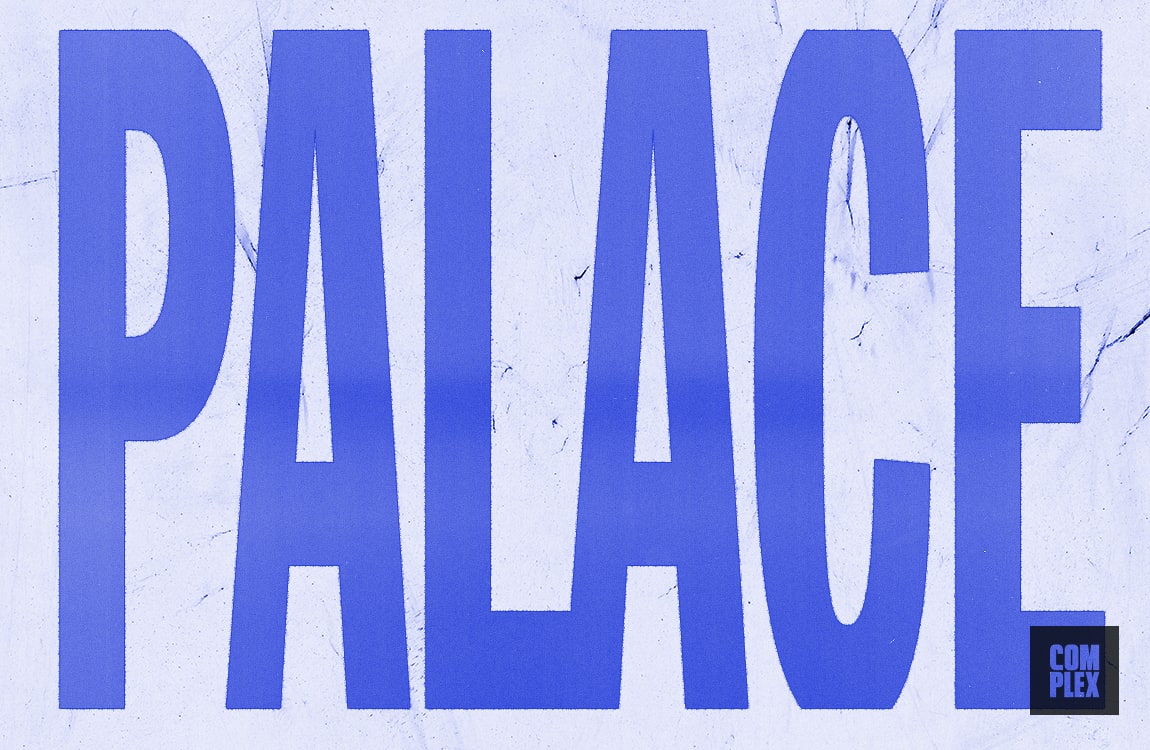
Since launching 2009, the London-based skate brand has been self-owned. However, recent reports suggest that a deal with outside investors could be on the horizon. Lev Tanju and Gareth Skewis are reportedly seeking an investor to help with global retail expansion.
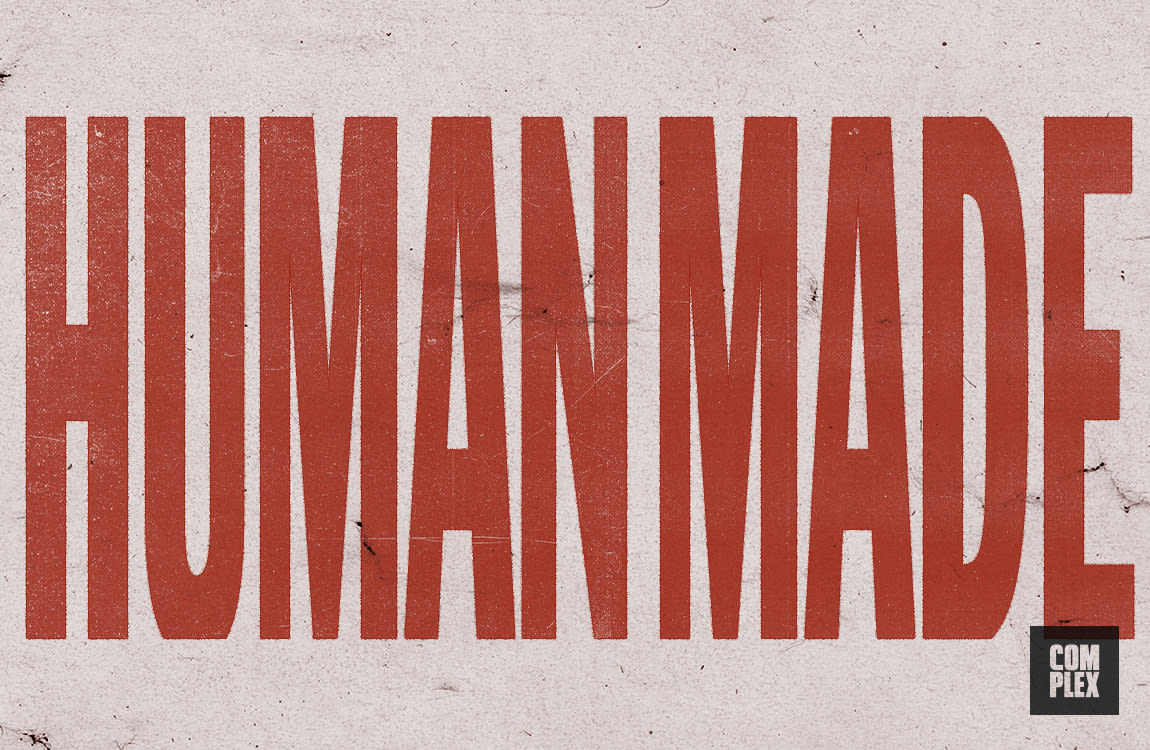
After departing Bape in 2013, NIGO® moved on to his current venture, Human Made, along with Bape’s former lead designer Sk8thing. The Japanese streetwear brand is largely inspired by ‘60s Americana, and pieces are produced in collaboration with reproduction specialists at Warehouse. Public records indicate that all of the trademarks are owned by NIGO®.
There is no record of any outside investment.
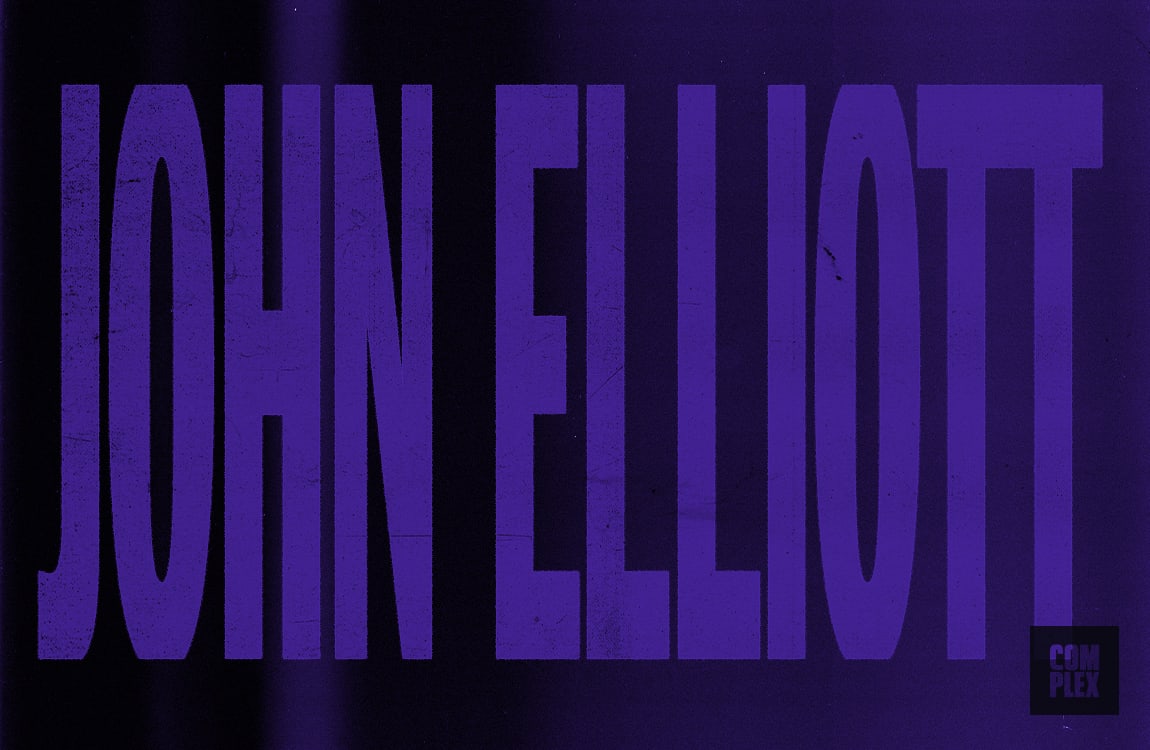
Founded in April 2012, John Elliott and his business partner Aaron Lavee launched the brand with an initial personal investment of $30,000 ($15,000 each). Now, the brand takes on multiple minority investors. Since its first collection in 2013, the brand has grown to become one of the biggest names in modern menswear with an ongoing partnership with Nike and co-signs with everyone from Kanye West to LeBron James. Elliott operates a flagship store in Los Angeles.
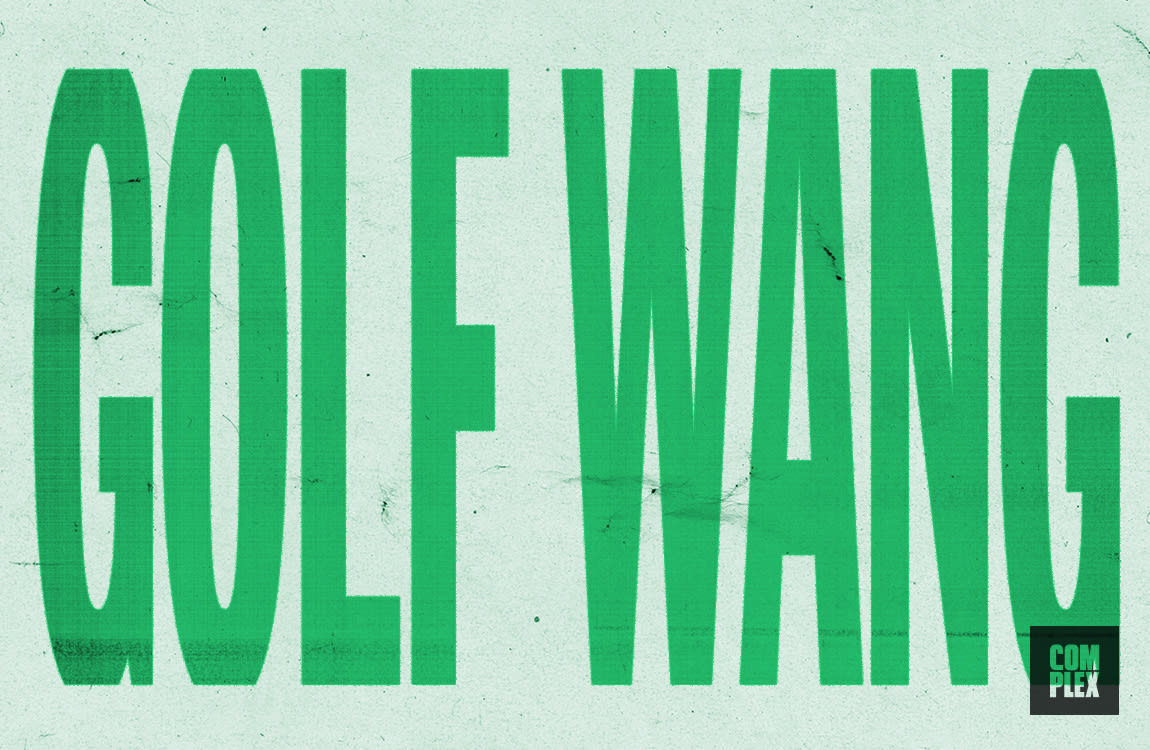
Evolving from the popular Odd Future merch line, Tyler, the Creator’s Golf Wang is now a full-fledged streetwear brand offering seasonal product drops year round. This is not to be confused with Golf Le Fleur, a separate project from the Igor artist that is responsible for a recent collaborative project with mesnwear label Lacoste that released earlier this year, as well as an ongoing run of footwear with Converse One Star. The trademark for the Golf Wang is registered by Flower Boy LLC, which is owned by the 28-year-old rapper.
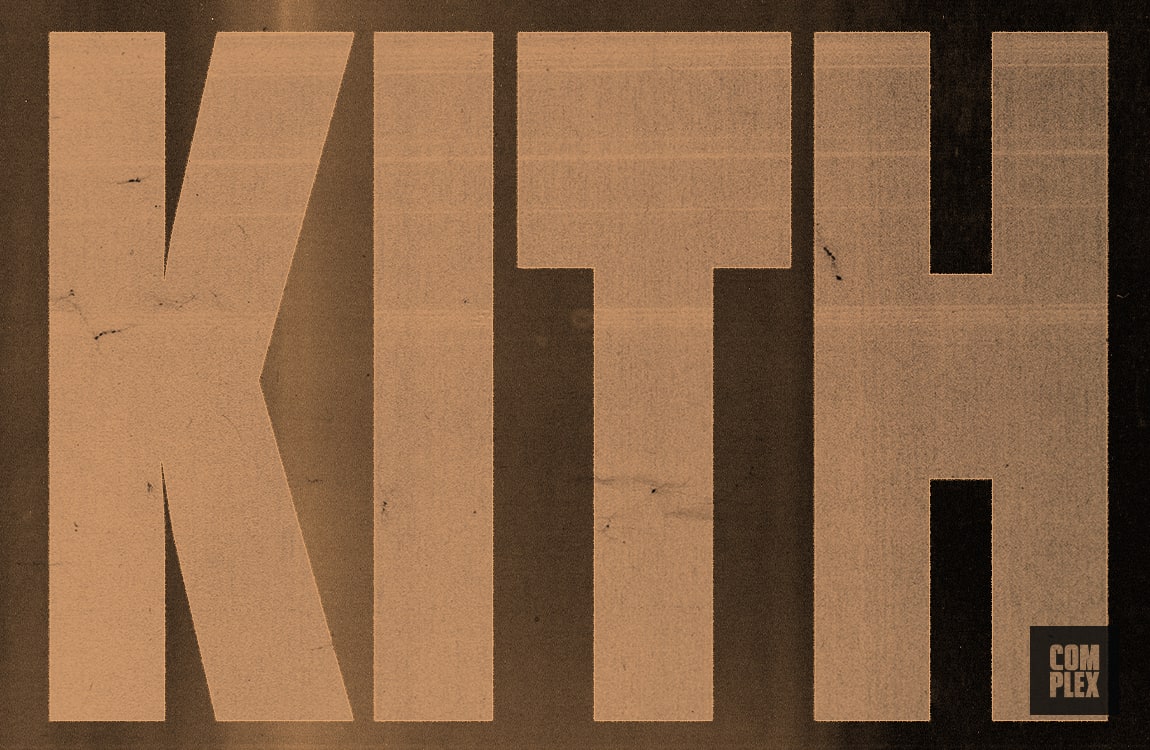
Ronnie Fieg launched Kith with the help of Atrium founder Sam Ben-Avraham back in 2010. The $500,000 dual investment would help fund retail spaces in Brooklyn and Manhattan. Since its start, the brand has seen massive growth, relocating to a three-floor space in SoHo that you can liken more to a streetwear department store than a traditional boutique, opening additional locations in major cities like Miami and Los Angeles, and releasing countless collaborations with big names ranging from Nike to Versace. Kith has also operated dedicated spaces in larger department stores like Selfridges and Bergdorf Goodman, which have further expanded the brand’s reach. On top of all that, Kith Treats, Fieg’s cereal and ice cream bar, has also proven a successful venture with dedicated spaces in each Kith flagship and a standalone location in Tokyo.
According to a 2017 article by The New York Times, Kith does not receive any outside investment.
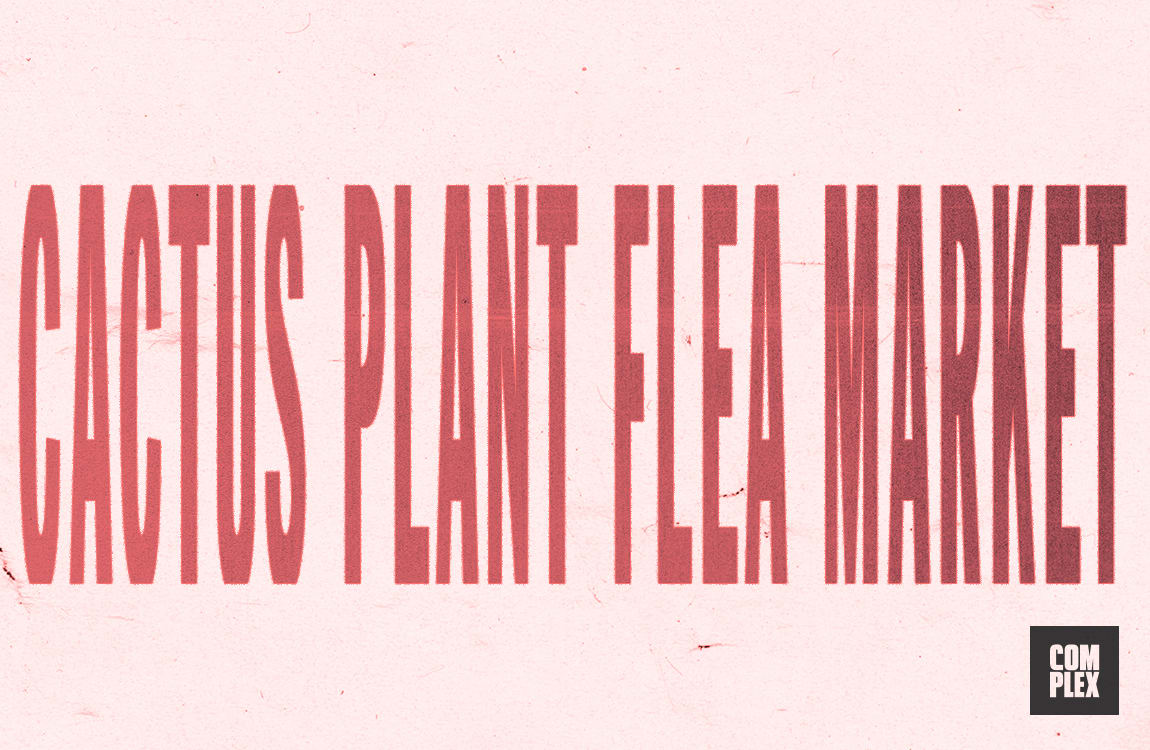
Since Cactus Plant Flea Market was first launched in 2015, Cynthia Lu’s brand has been shrouded in mystery. Lu, the silent designer behind Cactus Plant Flea Market who was once Pharrell Williams’ assistant, is listed as the owner of the LLC that owns the brand’s trademarks in public records. Although Williams is an ardent supporter of the brand, it isn't confirmed whether he invests in it. Cactus Plant Flea Market is completley independent, and has brokered some major business deals by collaborating with industry titans like Nike and working with Bravado in merch for various artists while staying true to its DIY, handmade, aesthetic.
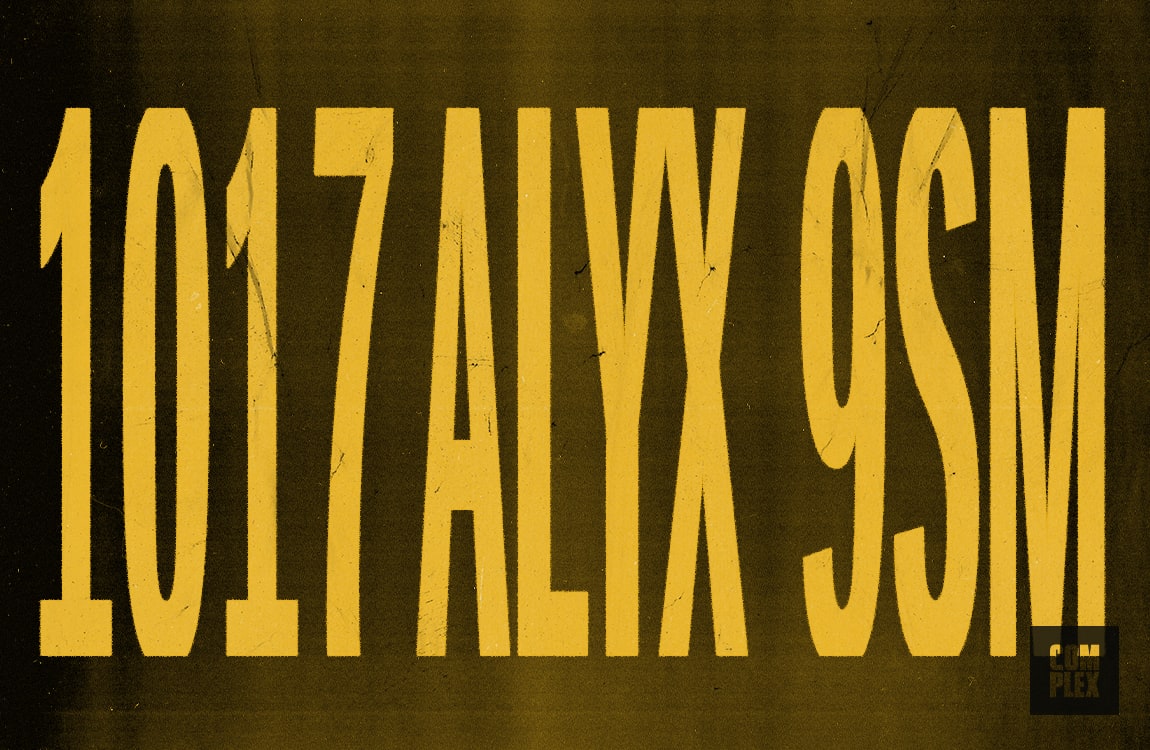
After stints as a creative director for Lady Gaga and Kanye West, and following the breakout success of Been Trill, Matthew Williams debuted 1017 ALYX 9SM in 2015. However, he did not launch the brand alone. He founded the brand with Luca Benini, who is the founder and owner of the Italian distribution company Slam Jam. The trademarks for 1017 ALYX 9SM are owned by MMW S.r.l.., the Italian equivalent of an American LLC that is owned by Williams and Benini. In an interview with the Business of Fashion, Benini said that Alyx was “entirely a Slam Jam creature.” It’s not known if there are any other investors involved with the brand.
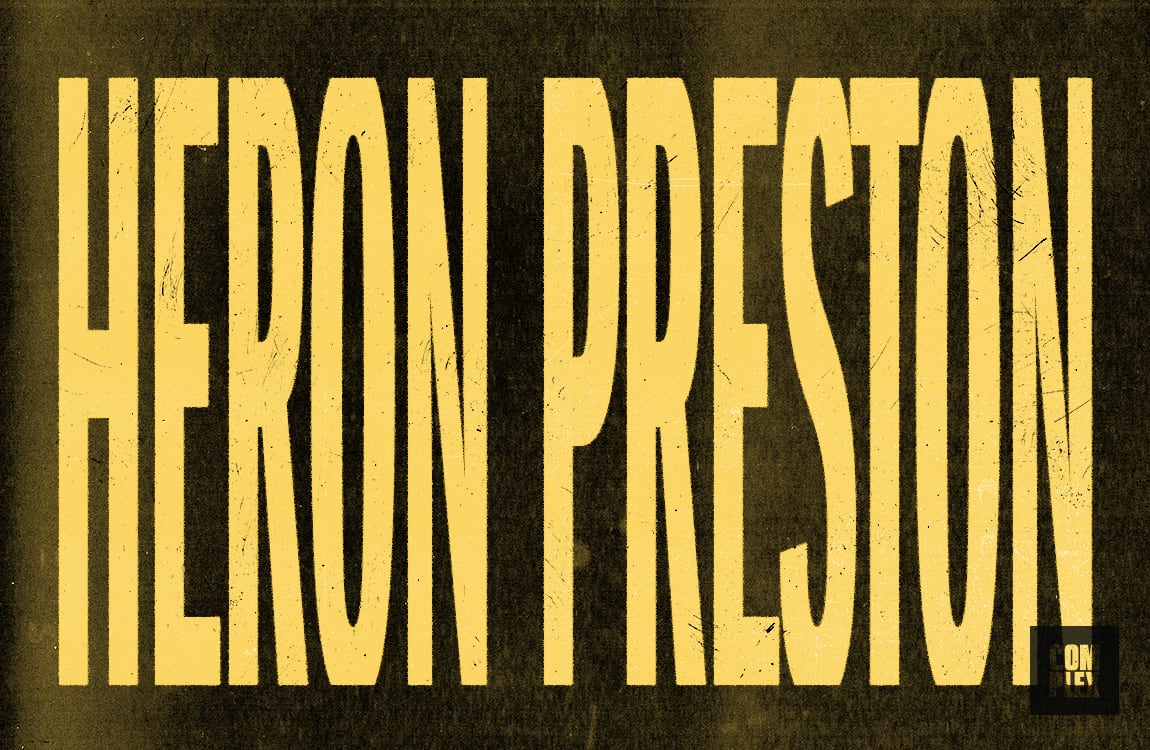
Along with brands like Palm Angels and Off-White, Heron Preston’s eponymous brand is also owned by the luxury streetwear conglomerate New Guards Group, which was recently acquired by Farfetch. The details behind Preston’s deal with New Guards Group are unclear. Preston launched his brand with New Guards in 2017 and the brand’s trademarks are owned by Heron Preston S.r.l. According to a report released by New Guards Group, Preston’s brand made a profit of $15.5 Million last year. Recently, Heron Preston has opened a brick and mortar store in Hong Kong and plans to open other stores in New York and Shanghai.
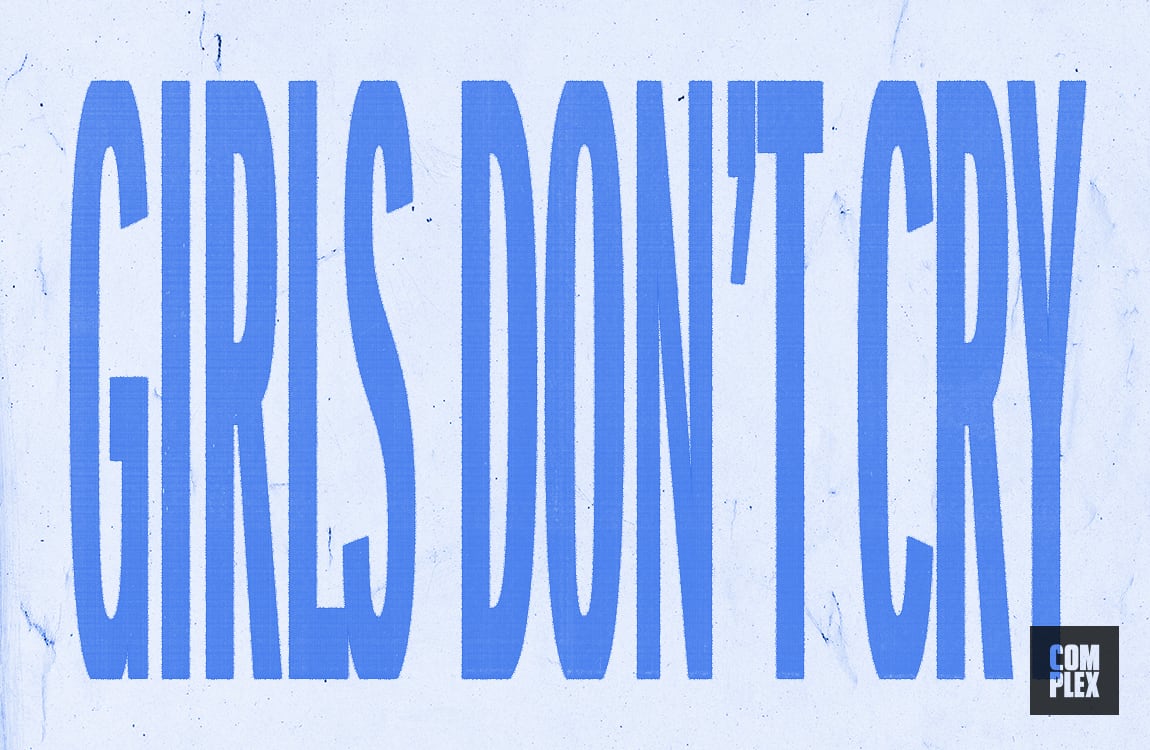
In as little as two years, Verdy has built a more than stable foundation for Girls Don’t Cry. The Japanese streetwear brand already locked in a Nike SB collaboration that is already considered to be a coveted Grail. And with early cosigns from Japanese streetwear pioneers like NIGO®, and Jun Takahashi, the brand can only gain more popularity from here on out. The brand is operated solely by Verdy.
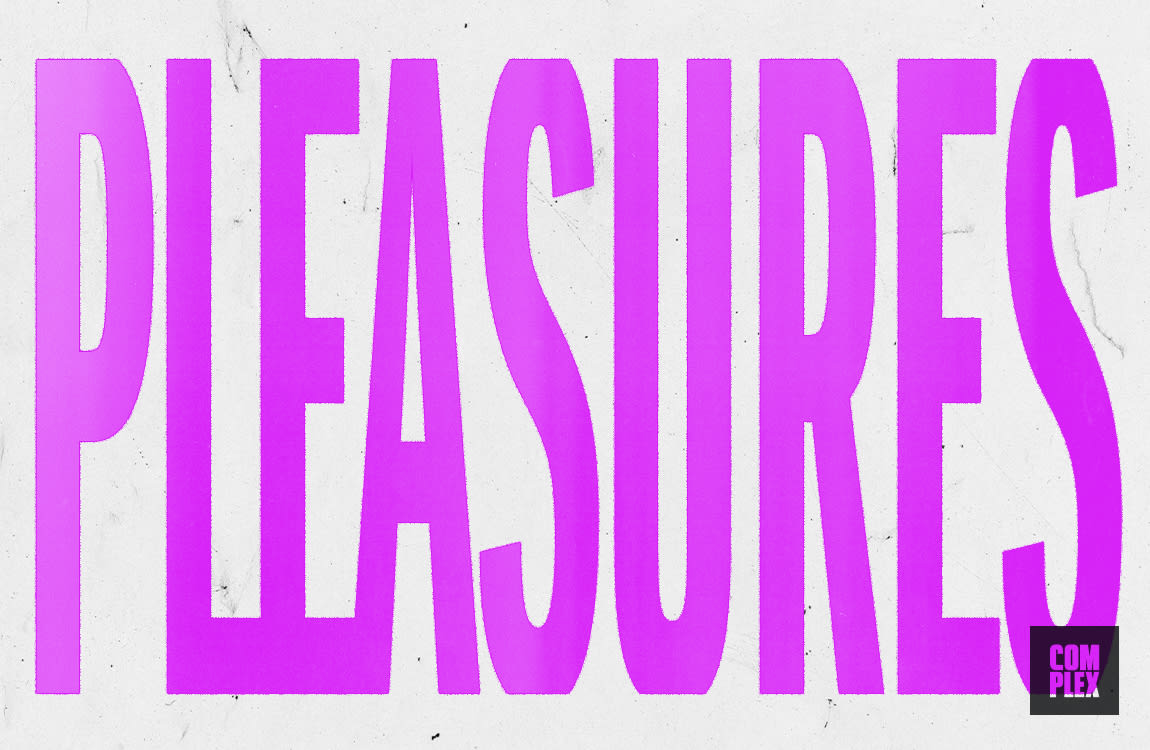
Since Alex James and Vlad Elkins stepped onto the scene with “RIP Morrissey” tees in 2015, Pleasures has consistently been dropping some of the best punk inspired streetwear. The brand, which has been worn by everyone from Playboi Carti to Kim Jones, has recently collaborated with companies such as Crocs, Reebok, and adidas. According to public records, the trademarks for Pleasures is owned by the Pleasures Now LLC, which is owned by James and Elkin.
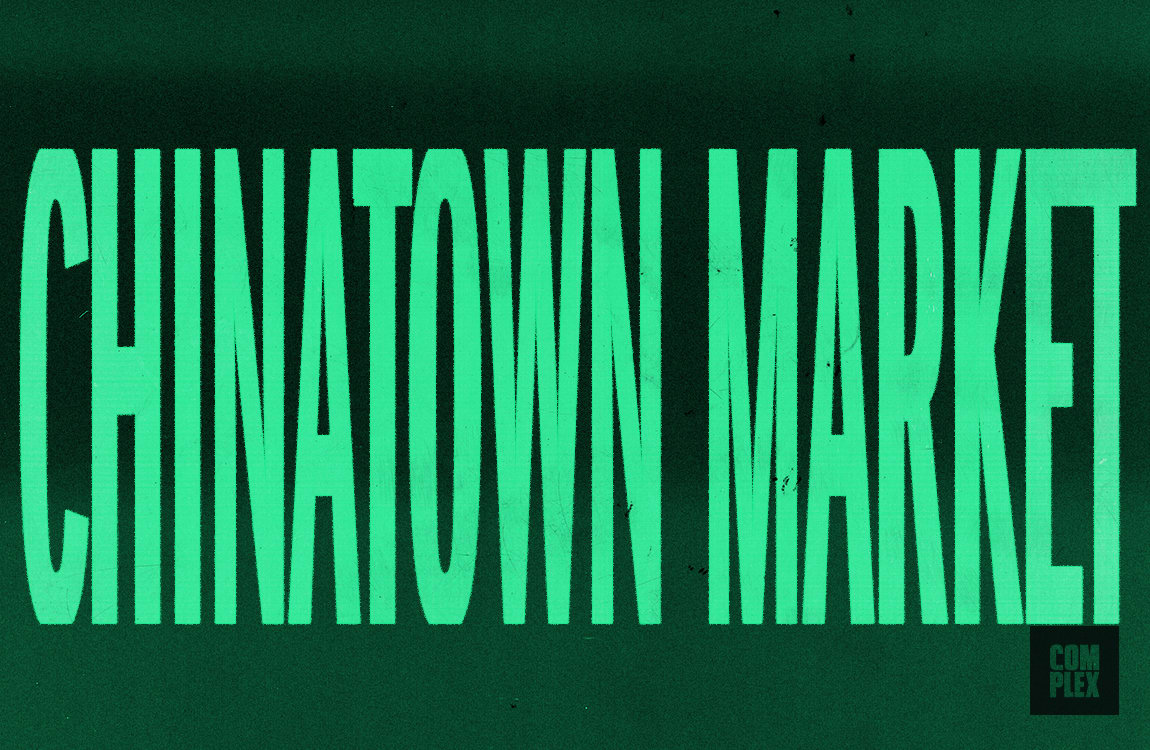
Chinatown Market, the Canal Street bootleg inspired streetwear brand that helped make smiley faces cool again, is independently owned by Mike Cherman. In an interview with The Hundreds, Cherman said he plans to continue working on the brand by himself following a previous situation with an investor. Prior to Chinatown Market, Cherman launched a reflective sportswear brand named ICNY. He said that when an investor got involved, he had to sign a non-compete and was forced to only work on ICNY. Cherman was eventually fired from the brand and launched Chinatown Market independently. Although Chinatown Market does pay licensing fees to Smiley Co., the official company who owns the trademarks for the smiley face, the brand has done pretty well independently. Within the past year, the brand has collaborated with Puma, Crocs, and even Conan O’ Brien.
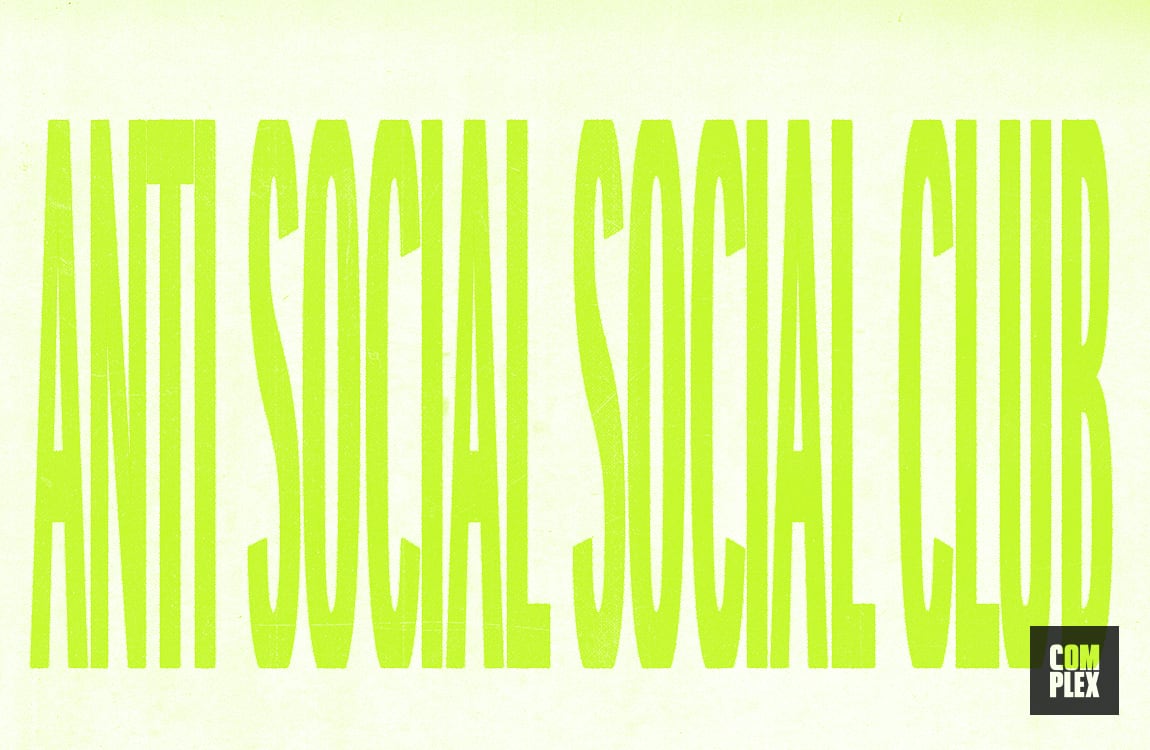
Neek Lurk, the designer of Anti Social Social Club, has likely made over a million dollars by just selling the same hoodie over and over. He’s probably keeping all those racks to himself since he is the sole member of the Get Weird LLC that owns all the brand’s trademarks.
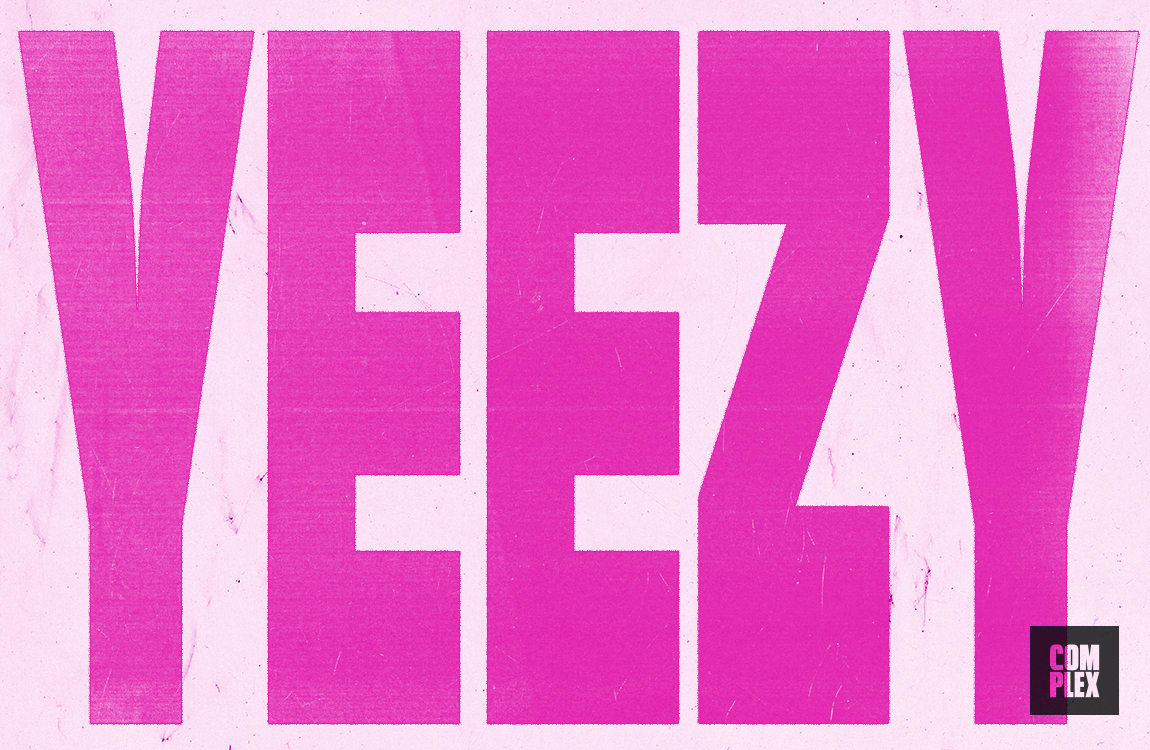
Kanye West owns the trademarks to Yeezy under his intellectual property holding company Mascotte Holdings, Inc. Although the specific details of the Yeezy-adidas deal have never surfaced, articles published this year have given us a general idea about how much Kanye West makes off licensing the Yeezy trademarks to adidas. Forbes reported that West earns up 15 percent in royalties from letting adidas use his trademark. In an investigative report on racial discrimination at adidas by the New York Times, an anonymous source said that West gets 5 percent in royalties. Either way, with Yeezy projected to make $1.5 billion this year, those royalties will certainly keep West out of debt for some time.
However, the Yeezy-adidas deal does not extend to the Yeezy apparel line. In a two-hour interview with Charlamagne last year, West revealed that he shut down the Yeezy apparel deal with adidas because a deal with LVMH was in the works. But because the LVMH deal fell through, West was left with no production partner after Yeezy Season One. However in 2017, Yeezy Season Five did feature apparel from adidas. The future of Yeezy apparel is uncertain since Kanye hasn’t released anything since 2018.
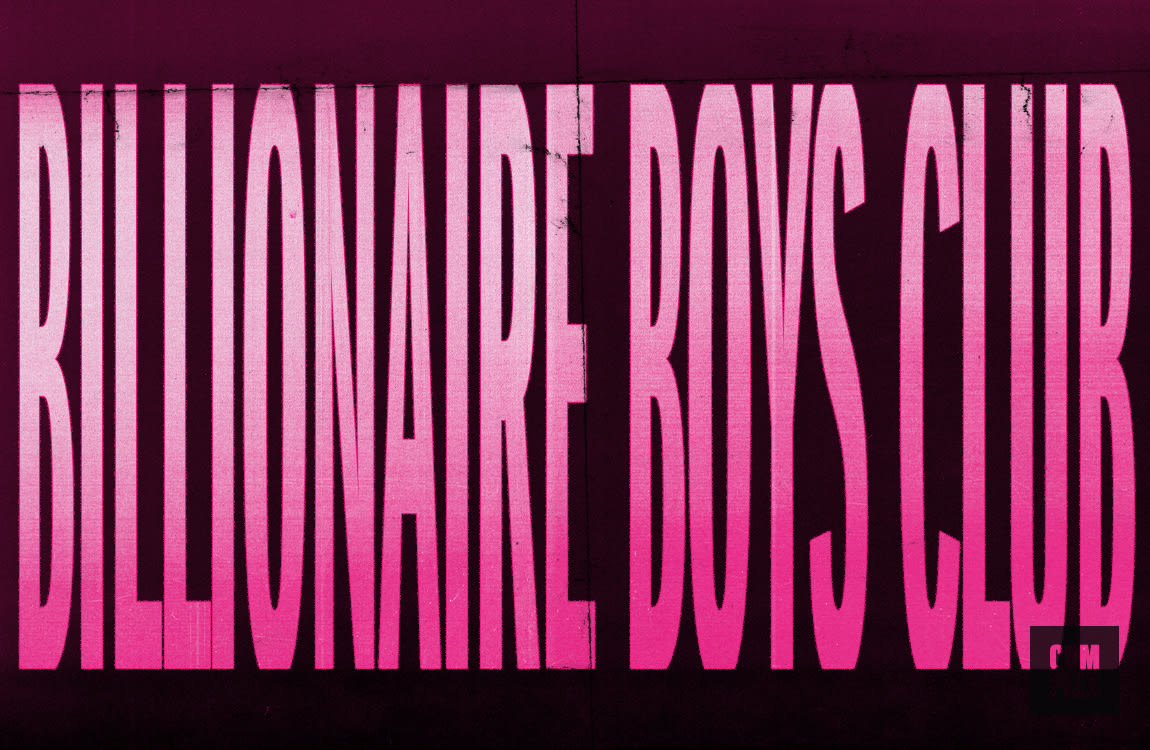
Billionaire Boys Club was launched by NIGO® and Pharrell Williams in 2003. Around the time of the brand’s 10th anniversary, Billionaire Boys Club decided it needed a new business partner because NIGO® had shifted most of his focus onto A Bathing Ape. In 2012, Pharrell inked a joint venture deal with Jay Z and the brand management company Iconix. When the deal was signed, BBC/Ice Cream was projected to make $25 to $30 million that year. In 2016, Pharrell purchased back the 50 percent of the BBC, Ice Cream LLC from Iconix. Today, Pharrell is in full control of his brand.
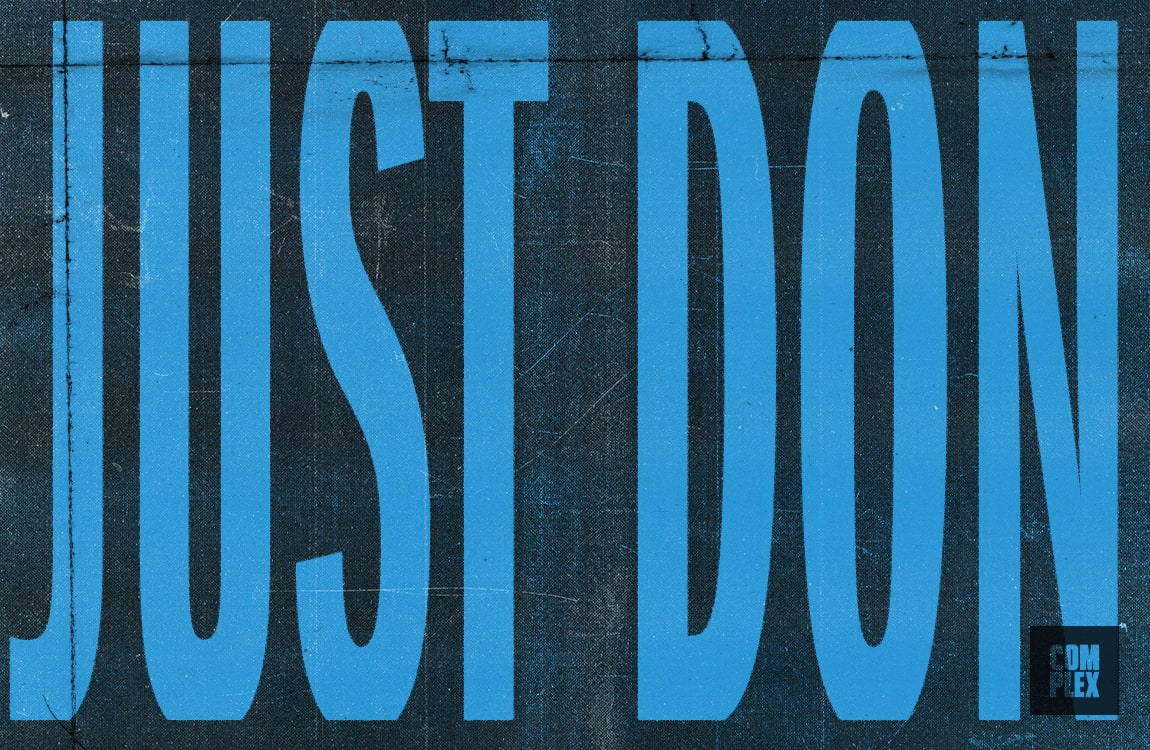
Don C is another example of a designer who is able to cut some major deals with companies like Nike while still maintaining independent ownership over his brand. The Just Don trademarks are owned by an LLC of the same name. According to public records, Don C is listed as the only member of the LLC.
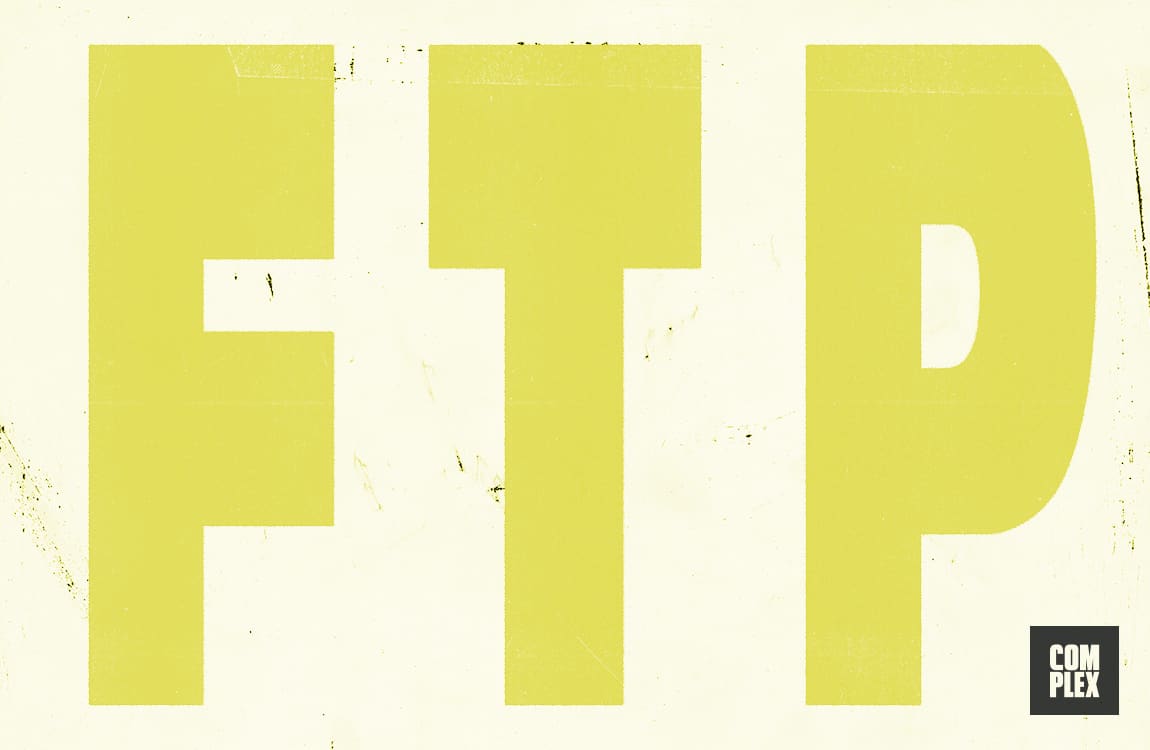
Zachary Clark’s cult streetwear brand, Fuck The Population or FTP, continuously releases hyped drops that sell out in seconds. The trademarks for FTP are owned by the FTP LLC where Zachary Clark is listed as the LLC’s only member.
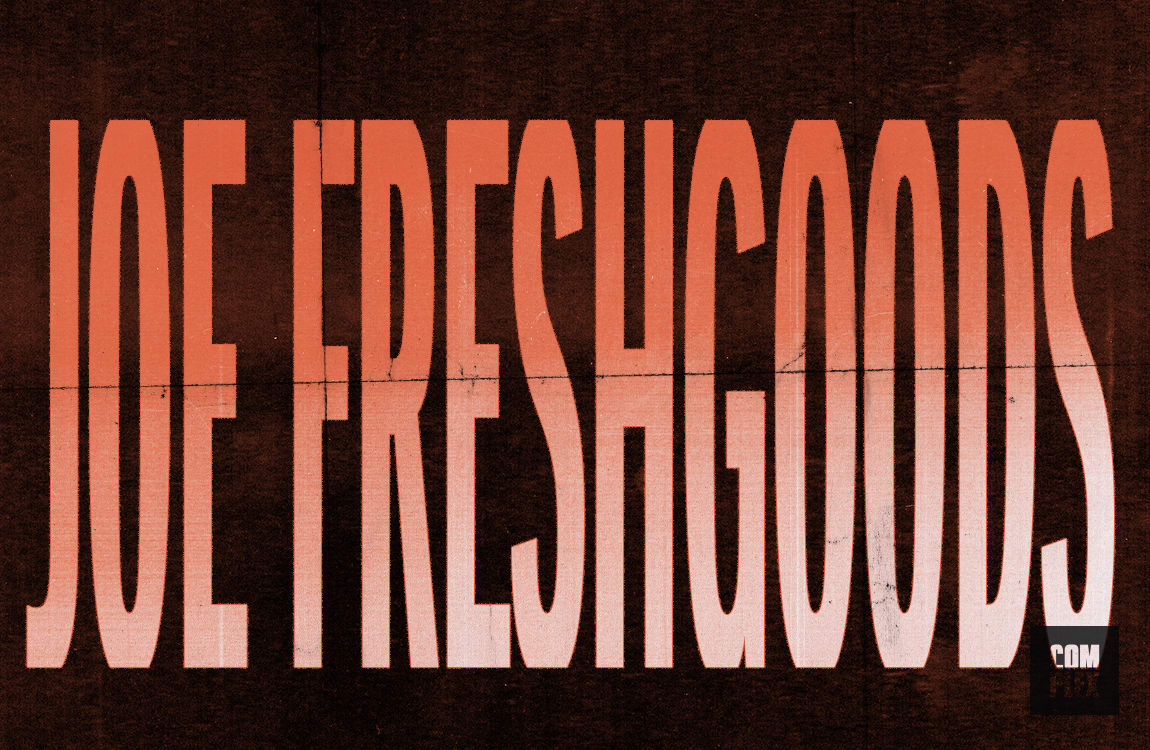
Joe “Freshgoods” Robinson is another example of a young designer who has made deals with the likes of McDonalds, Snapple, Nike, Adidas, Chicago’s Museum of Contemporary Art, and the Chicago Bears, while remaining independent. “No drug money, no investors,” Freshgoods told Complex, “Just hard work.”
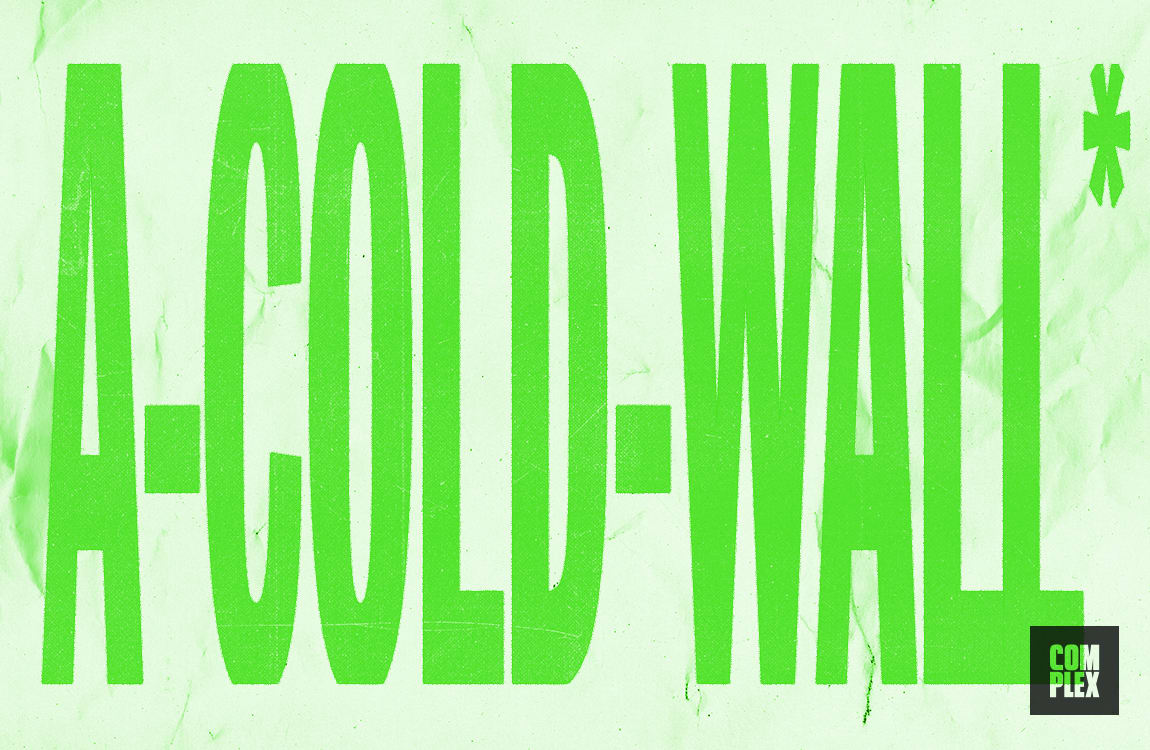
Samuel Ross went from being Virgil Abloh’s assistant to quickly becoming one of the most exciting designers to come out of London. Within two years of launching A-Cold-Wall*, Ross’ brand was pooling in $1.7 million in revenue between 2016 and 2017. In 2018, Tomorrow London Holdings purchased a “substantial minority stake” in the brand and now co-owns the trademark as owns the master licensing rights globally. According to a brand representative, sales are currently over €12 million.
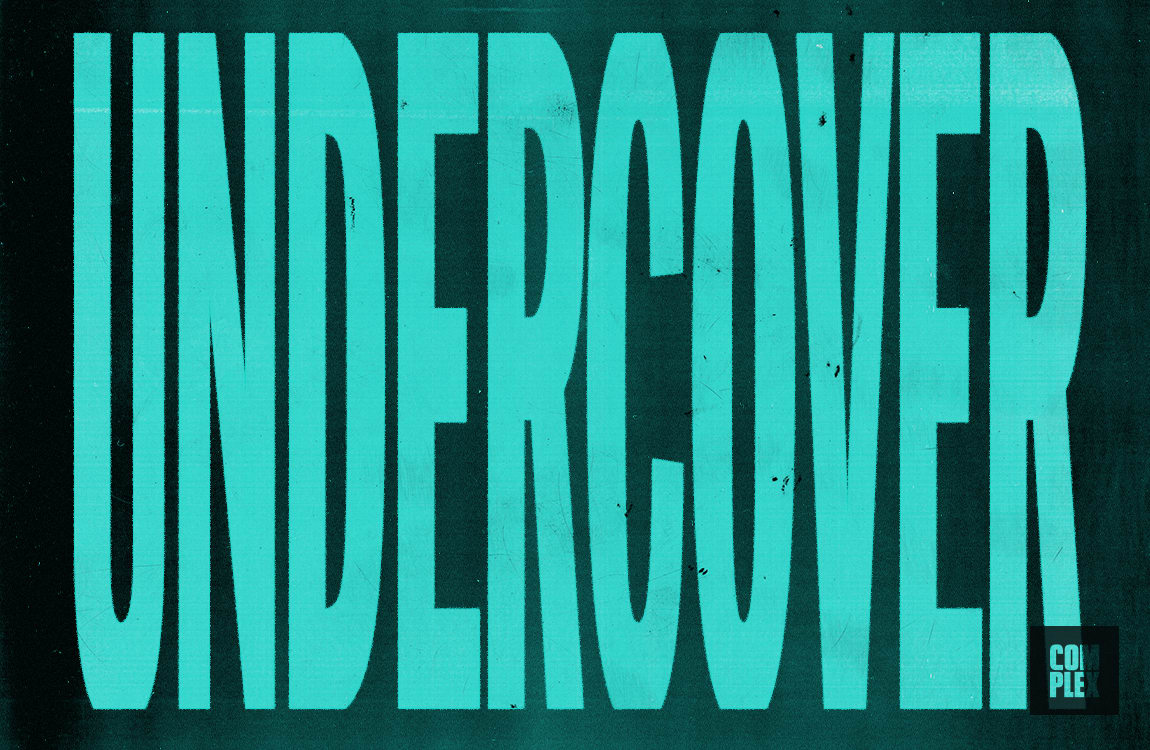
Since the early ‘90s, back when Jun Takahashi was first selling Undercover tees out of the NOWHERE Store in Tokyo, Japan, Takahashi has kept his beloved cult Japanese streetwear brand under his control. In a 2015 interview with the Business of Fashion, Takahashi revealed that he sought to approach his business like Rei Kawabuko of Comme des Garcons; who is the owner, president, and designer of her brand. Although he admitted that Undercover is a small company that does struggle with financial issues from time to time, he told BoF that he was only interested in making just enough profit to give him the ability to maintain his creative freedom. Although Takahashi said that Undercover has had trouble breaking into markets outside of Asia, collaborations with brands like Nike and Uniqlo have kept the company afloat during rough times.
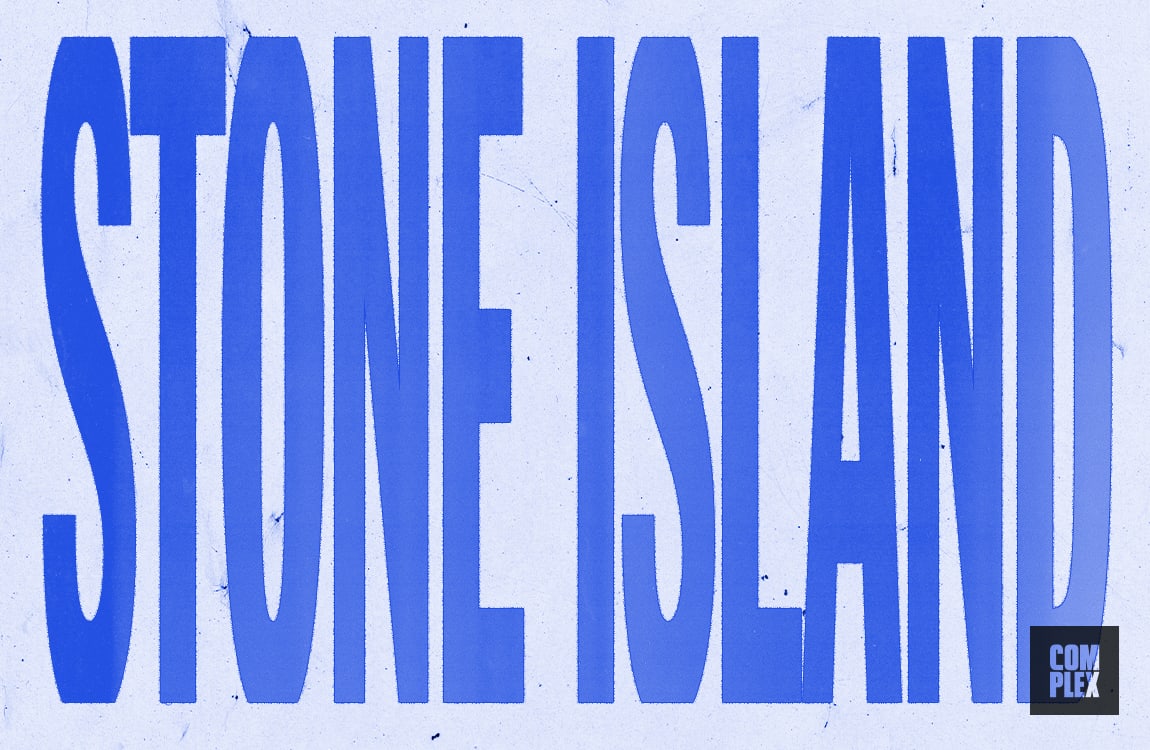
Carlo Rivetti, Stone Island’s creative director and chief executive officer, has been apart of Stone Island since the brand’s earliest days. When Stone Island was first founded by Massimo Osti in 1982, Rivetti’s clothing group, GFT, purchased a 50 percent stake in the brand. In 1993, Rivetti and his sister Cristina purchased a 100 percent stake in the company. Stone Island was strictly under the control of the Rivetti family until 2017, which was when the Singapore wealth fund Temasek purchased a 30 percent stake in Stone Island. The brand is still lead by Rivetti today.
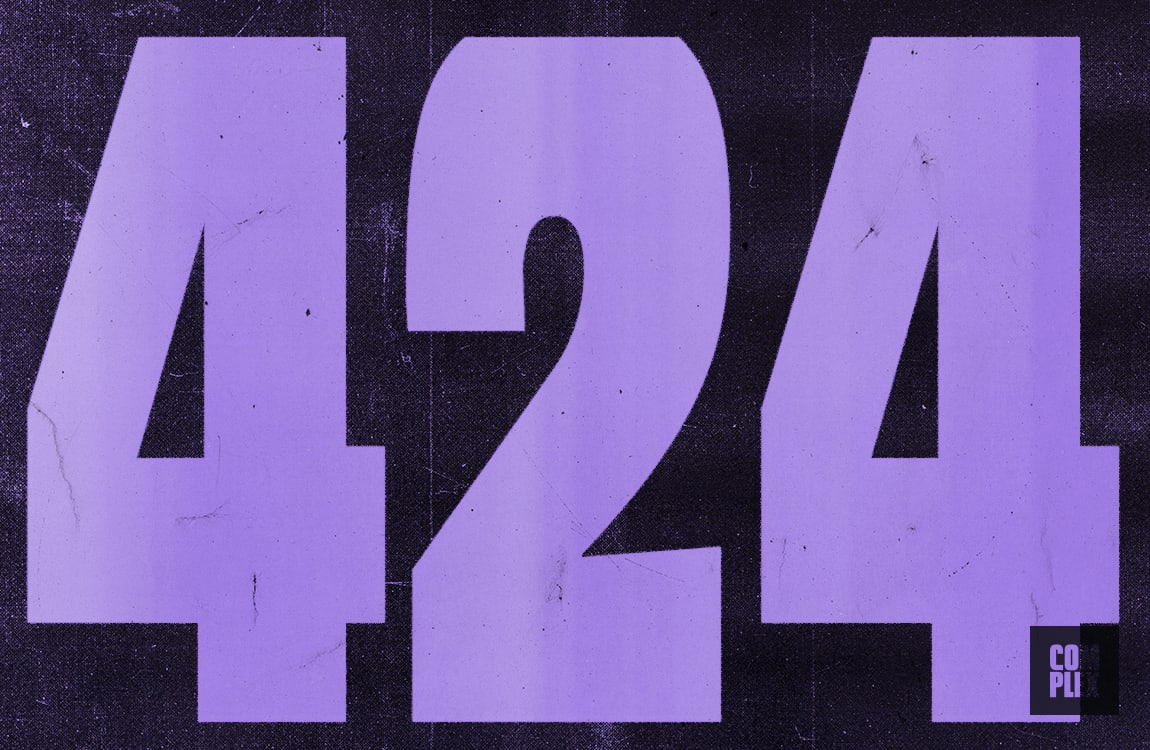
FourTwoFour has been open for nearly a decade on Farifax and continues to live as an incubator for up and coming designers. And Guillermo Andrade’s in-house clothing line, 424, has remained popular since it first launched in 2014. However, 424 isn’t run by Andrade alone. The trademarks of the brand are owned by 424 Group Inc., which is owned by Andrade and the brand’s co-founder Katrina Sirdofsky. In an interview, Andrade has credited Sirdofsky as being a major part of FourTwoFour’s success. This year, the brand signed a two-year deal with Arsenal football club to design and create suits for Unai Emery, first team players, senior club staff and Aresnal’s women’s team.
